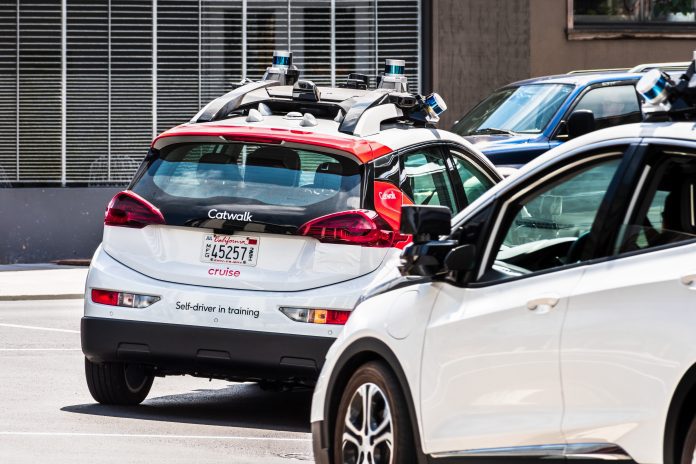General Motors’ Cruise unit has been fined the maximum penalty by the California Public Utilities Commission (CPUC) for failing to promptly provide complete information regarding an accident involving one of its self-driving vehicles last year. The CPUC announced the penalty on Thursday, emphasizing the importance of transparency and compliance in the autonomous vehicle industry.
Cruise and other self-driving companies, such as Alphabet’s Waymo and Amazon’s Zoox, have faced intense scrutiny from regulators due to safety concerns following multiple crashes involving their autonomous vehicles. This latest incident highlights the ongoing regulatory challenges these companies encounter as they develop and deploy self-driving technology.
The CPUC has fined Cruise $112,500, calculated at $7,500 for each of the 15 days during which the company withheld critical information about the accident. Additionally, Cruise is now required to provide “collision reports” to the CPUC and the National Highway Traffic Safety Administration (NHTSA) for any future collisions in California.
The CPUC’s decision comes after Cruise attempted to resolve the issue by raising its offer to address a probe into its delay in disclosing details of a pedestrian crash. On October 2, in San Francisco, a pedestrian was first struck by another car and then hit a second time by a Cruise robotaxi. Following this incident, Cruise’s permit to operate in California was suspended, and the NHTSA issued a recall of its vehicles.
While Cruise has resumed operations in the U.S. with a small fleet of human-driven vehicles in Phoenix, Arizona, its authority to provide passenger service with autonomous vehicles remains suspended in California. The CPUC’s ruling underscores the critical need for self-driving car companies to adhere to strict safety and reporting standards to maintain public trust and regulatory approval.




